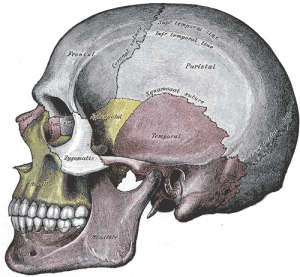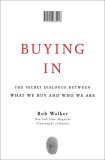
“How the Mind Works: Revelations” by Israel Rosenfield and Edward Ziff (New York Review of Books, v. 55, n. 11, June 26, 2008) surveys some recent works on neuroscience by Jean-Pierre Changeux, Gerald Edelman, and Giacomo Rizzolatti.
Books discussed in the article (Amazon links added):
The Physiology of Truth: Neuroscience and Human Knowledge (Mind/Brain/Behavior Initiative) by Jean-Pierre Changeux, tr. by M.B. DeBevoise (Belknap Press, 2004) [“Search Inside the Book” available at Amazon]
Nicotinic Acetylcholine Receptors: From Molecular Biology to Cognition by Jean-Pierre Changeux and Stuart J. Edelstein (Odile Jacob, 2005) [“Search Inside” available at Amazon]
Conversations on Mind, Matter, and Mathematics by Jean-Pierre Changeux and Alain Connes, tr. by M.B. DeBevoise (Princeton University Press, 1995; paperback ed., 1998) [“Search Inside” available]
What Makes Us Think? A Neuroscientist and a Philosopher Argue about Ethics, Human Nature, and the Brain by Jean-Pierre Changeux and Paul Ricoeur, tr. by M.B. DeBevoise (Princeton University Press, 2000; paperback ed., 2002) [“Search Inside” available]
Phantoms in the Brain: Probing the Mysteries of the Human Mind by V.S. Ramachandran and Sandra Blakeslee (HarperCollins Quill paperback ed., 1999) [“Search Inside” available]
Mirrors in the brain: How our minds share actions, emotions, and experience by Giacomo Rizzolatti and Corrado Sinigaglia, tr. by Frances Anderson (Oxford University Press, 2008) [“Search Inside” available]
A Universe Of Consciousness How Matter Becomes Imagination by Gerald Edelman and Giulio Tononi (Basic Books, 2001) [“Search Inside” available]





